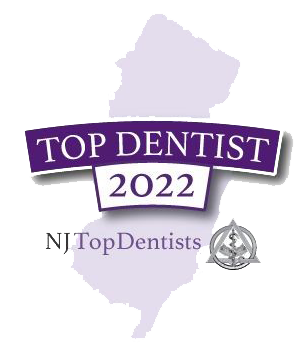
Understanding Tension Headaches

Headaches are a common condition that can have a significant impact on your well-being and quality of life. Among the many types of headaches, tension-type headaches are the most common. The team at Headache & TMJ Center of New Jersey believes in providing important information and treatment options to patients experiencing headaches. Learn more about tension-type headaches below.
About Tension Headaches
Tension headaches are characterized by a tight sensation in the head and pressure on the forehead and temples. In fact, many patients describe this type of headache as feeling like a rubber band has been placed around their heads. Tension headaches can be further categorized into the following types:
Infrequent: Patients experience headaches one day a month at most.
Frequent: Headaches occur 14 times a month for the span of at least three months.
Chronic: Patients have headaches at least 15 times a month for three months.
Tension headaches may be triggered by stress, which results in muscle contraction in the scalp or neck. Looking downward for prolonged amounts of time, such as when using a smartphone, may cause neck strain. Eye strain, arthritis, and poorly managed stress levels can also contribute to tension headache pain. Other causes include sleep apnea and TMJ, both of which can be treated by our highly skilled experts, Dr. Ivan Stein and Dr. Allan Stein.
Tension Headache Symptoms
Tension headache symptoms can vary from person to person. Unlike other types of headaches, tension headaches do not usually result in nausea or light sensitivity. However, patients with tension headaches can experience a dull, persistent ache that is felt on both sides of the head, as opposed to a throbbing pain. Additionally, aches and/or tightness in the shoulders or neck are often indicators of a tension headache. Symptoms can manifest gradually and can last as long as a week for some patients.
Managing Tension Headaches
Lifestyle changes may be recommended for patients who suffer from tension headaches. For example, managing stress levels and developing healthy coping mechanisms may bring the relief you desire. Certain over-the-counter pain relievers, such as aspirin or ibuprofen, may also be advised.
However, patients who have chronic tension headaches may need additional forms of treatment. When you visit our facility for a headache consultation, our team uses advanced diagnostic systems and evaluation methods to diagnose your condition and create a personalized treatment plan for you.
Tension Headache Treatment New Jersey
You do not have to live with the pain of tension headaches. Schedule your tension headache consultation with one of our doctors today.

